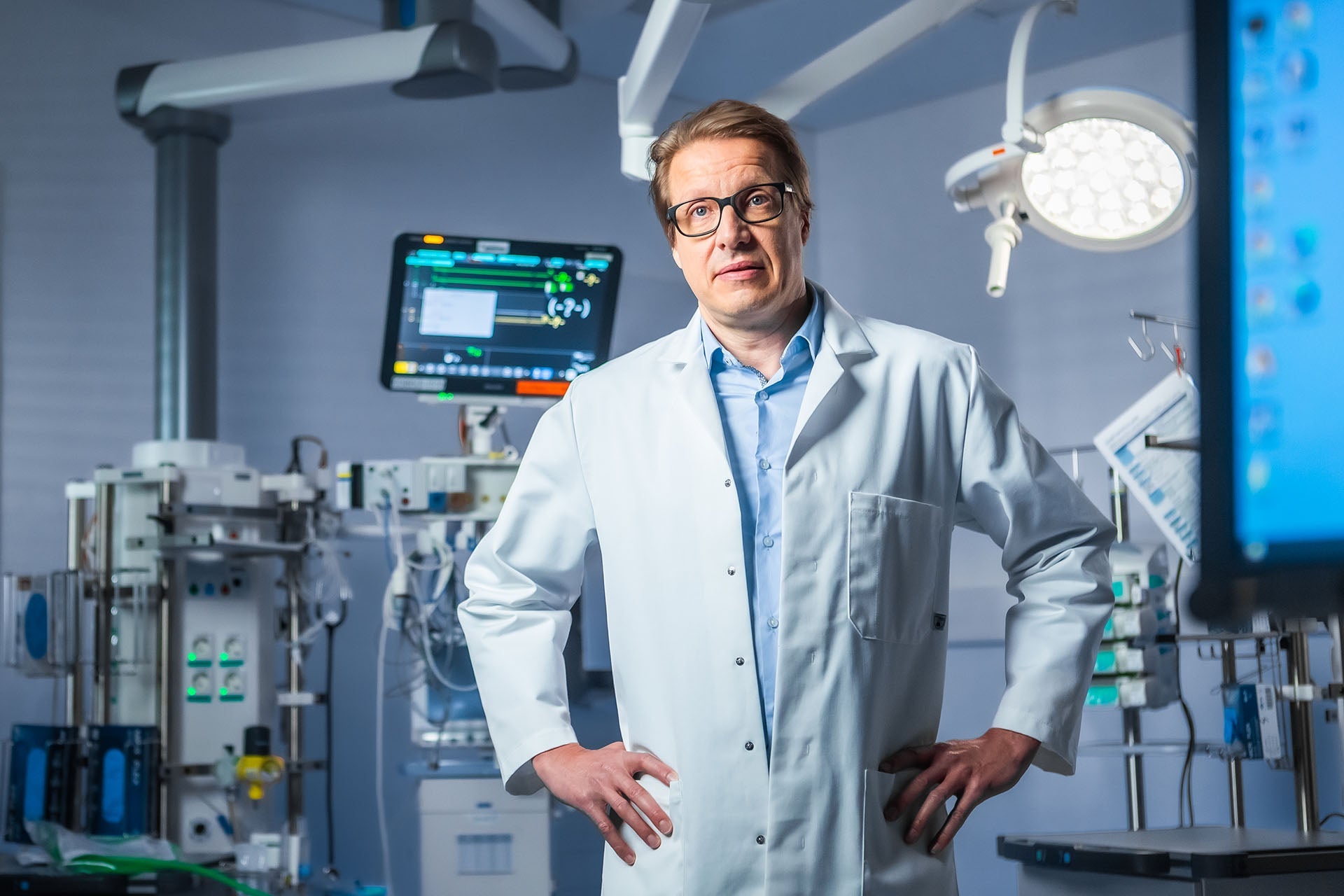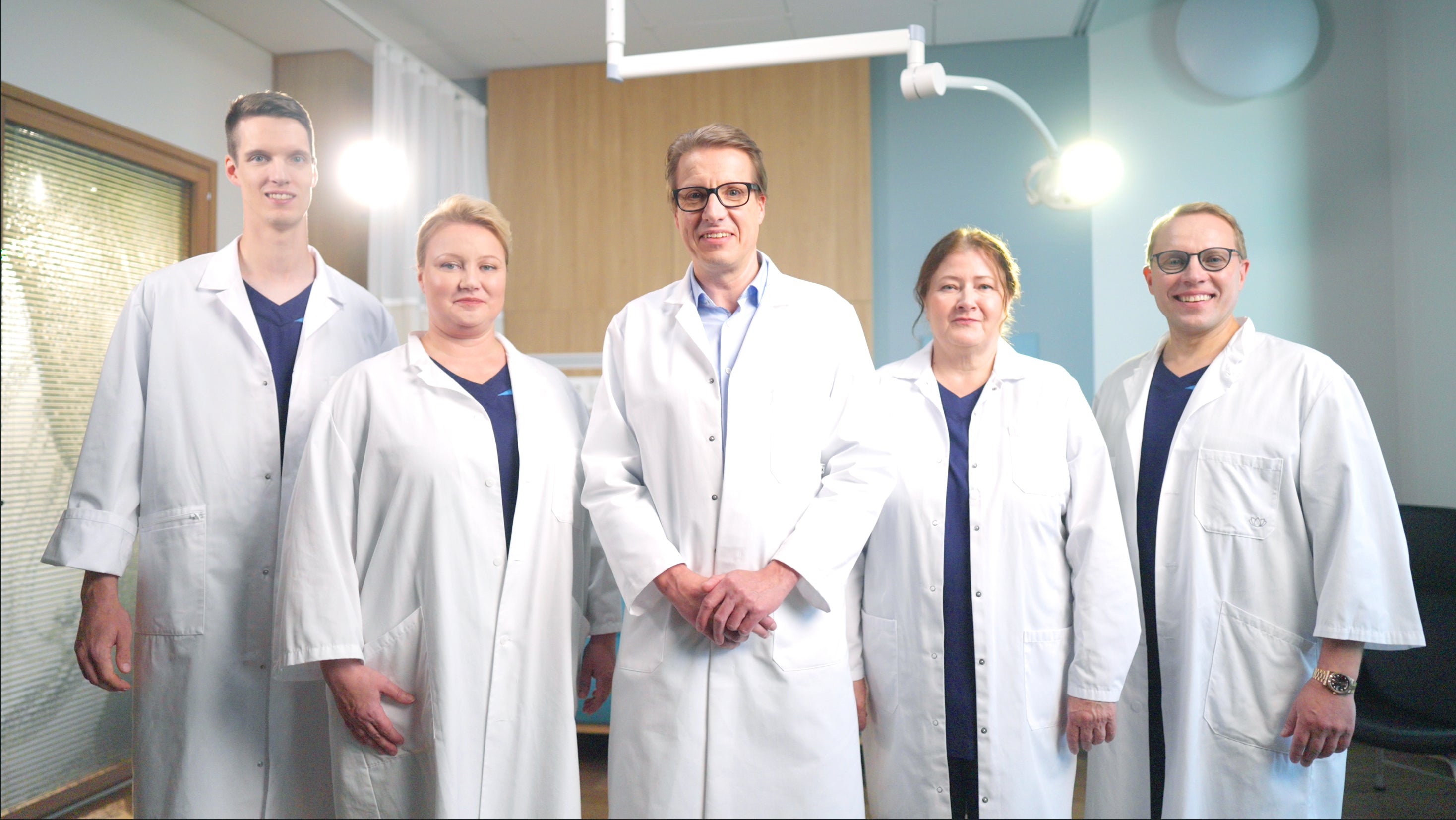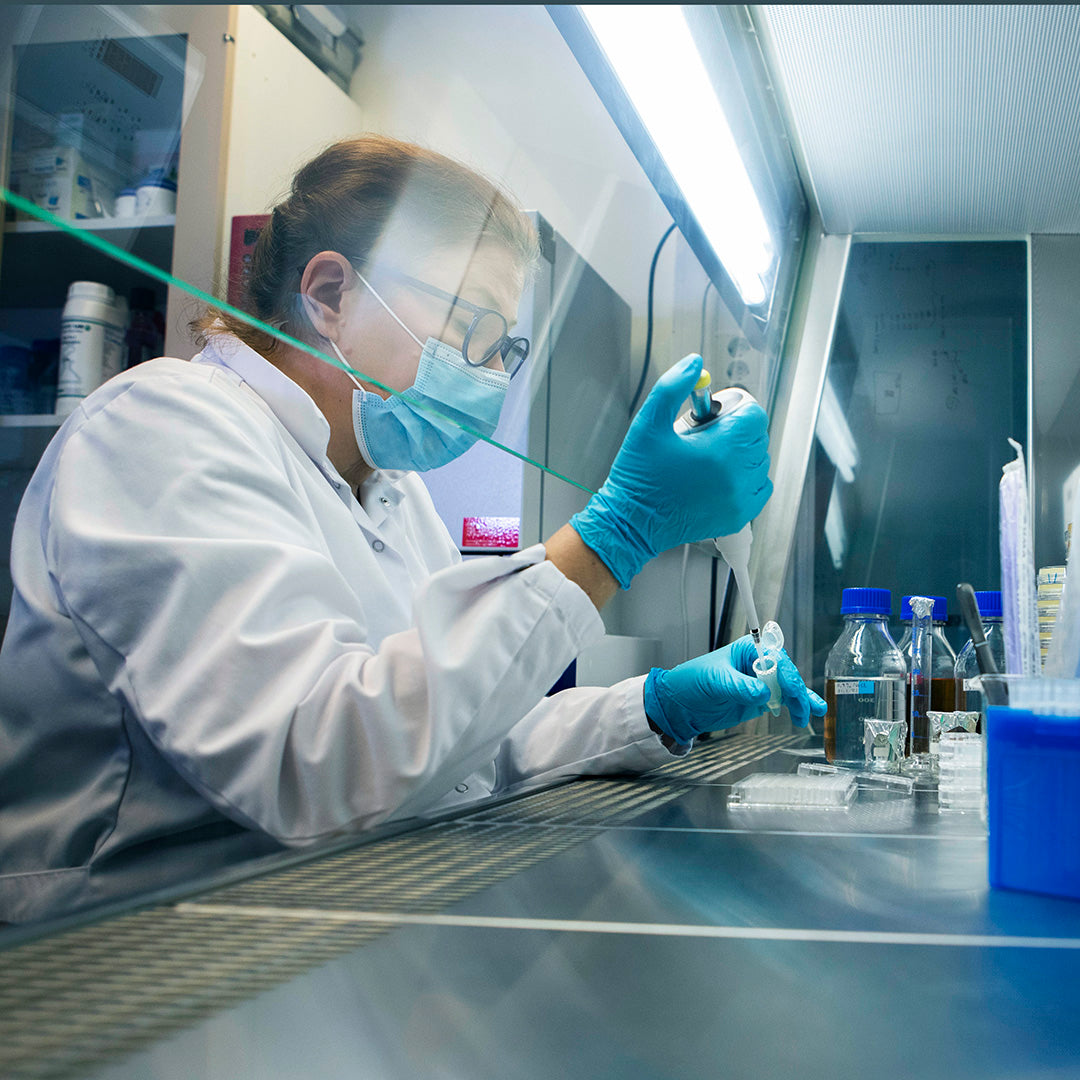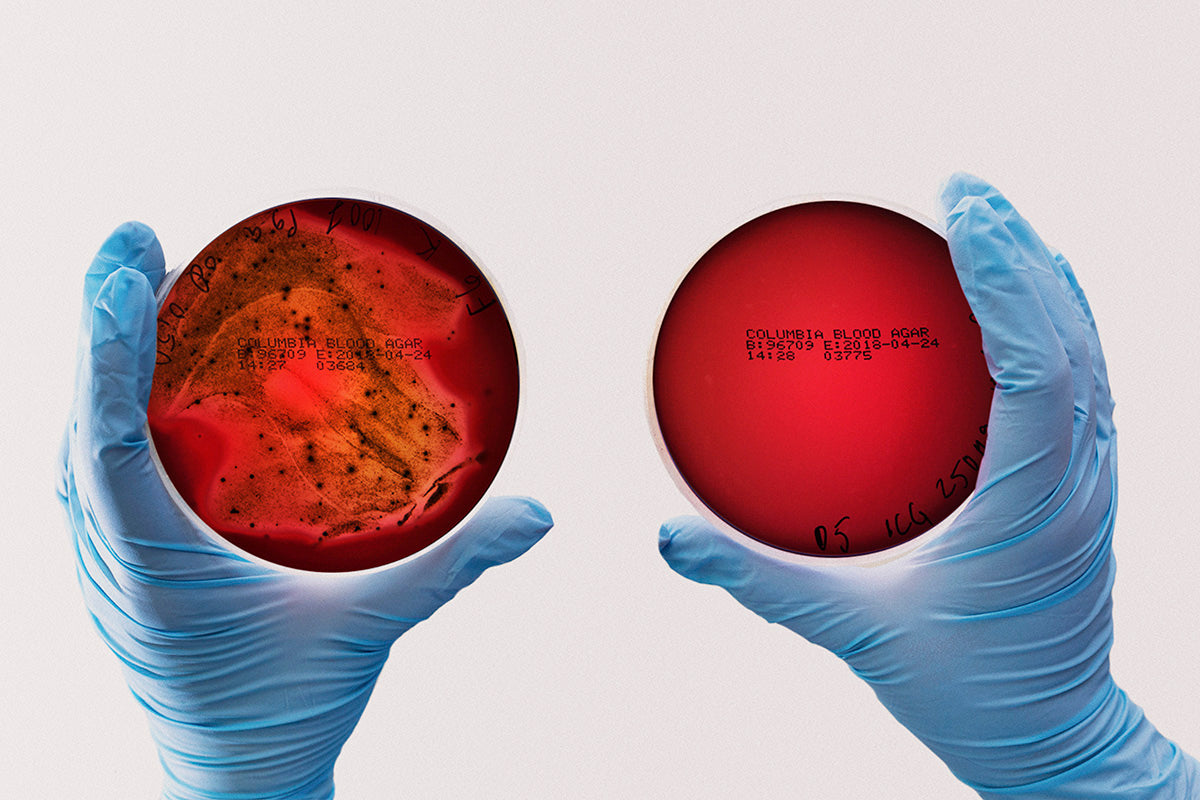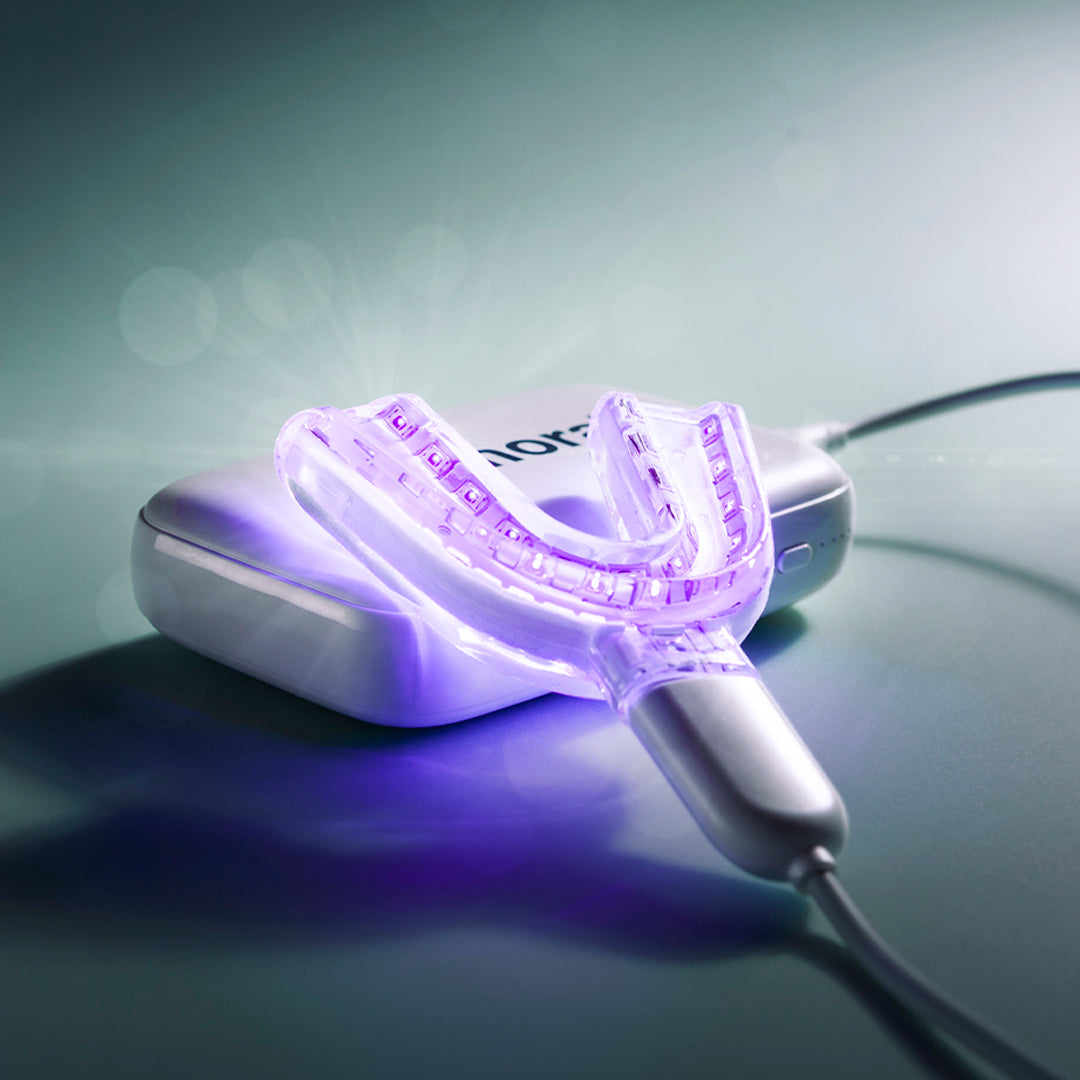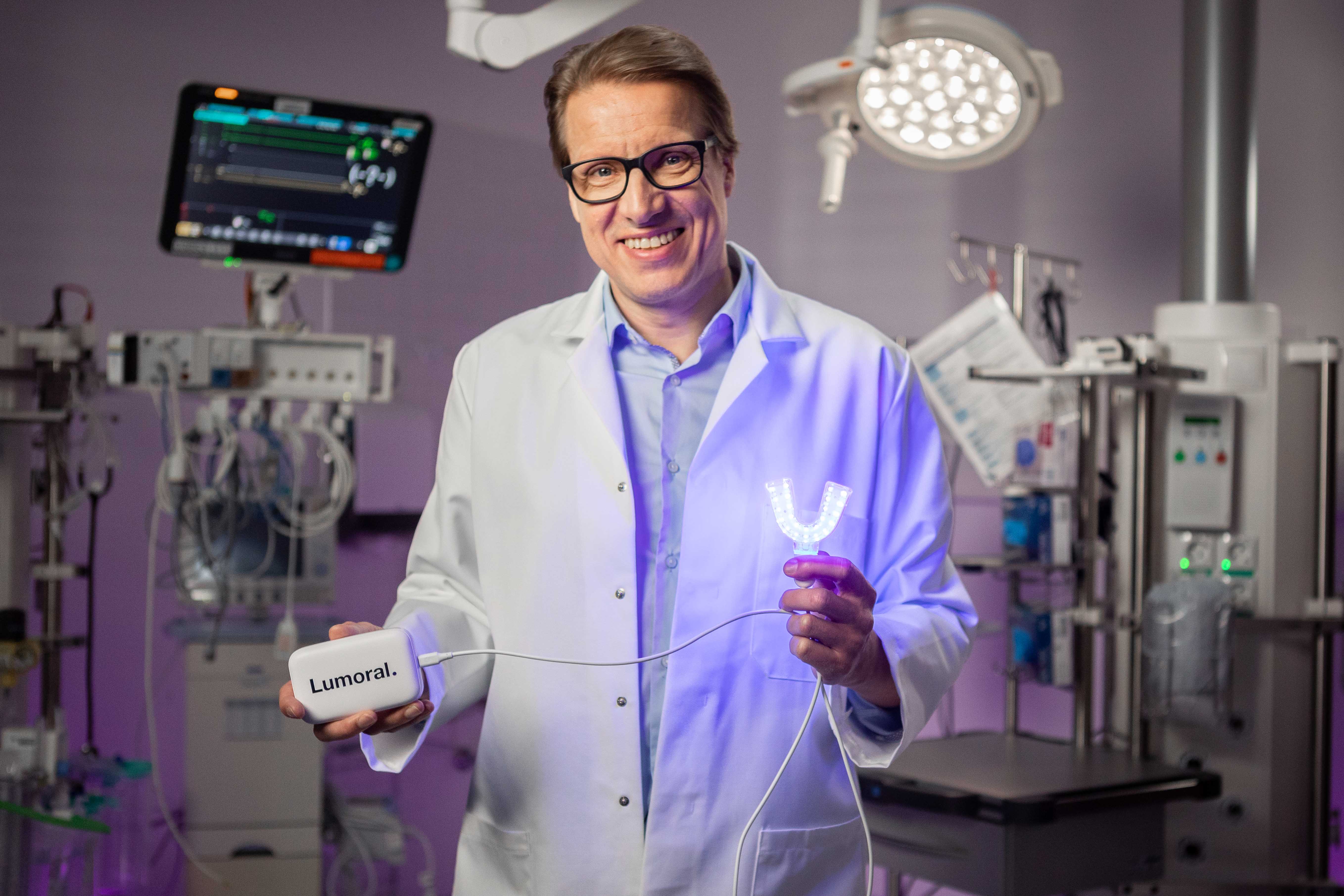
Blog posts
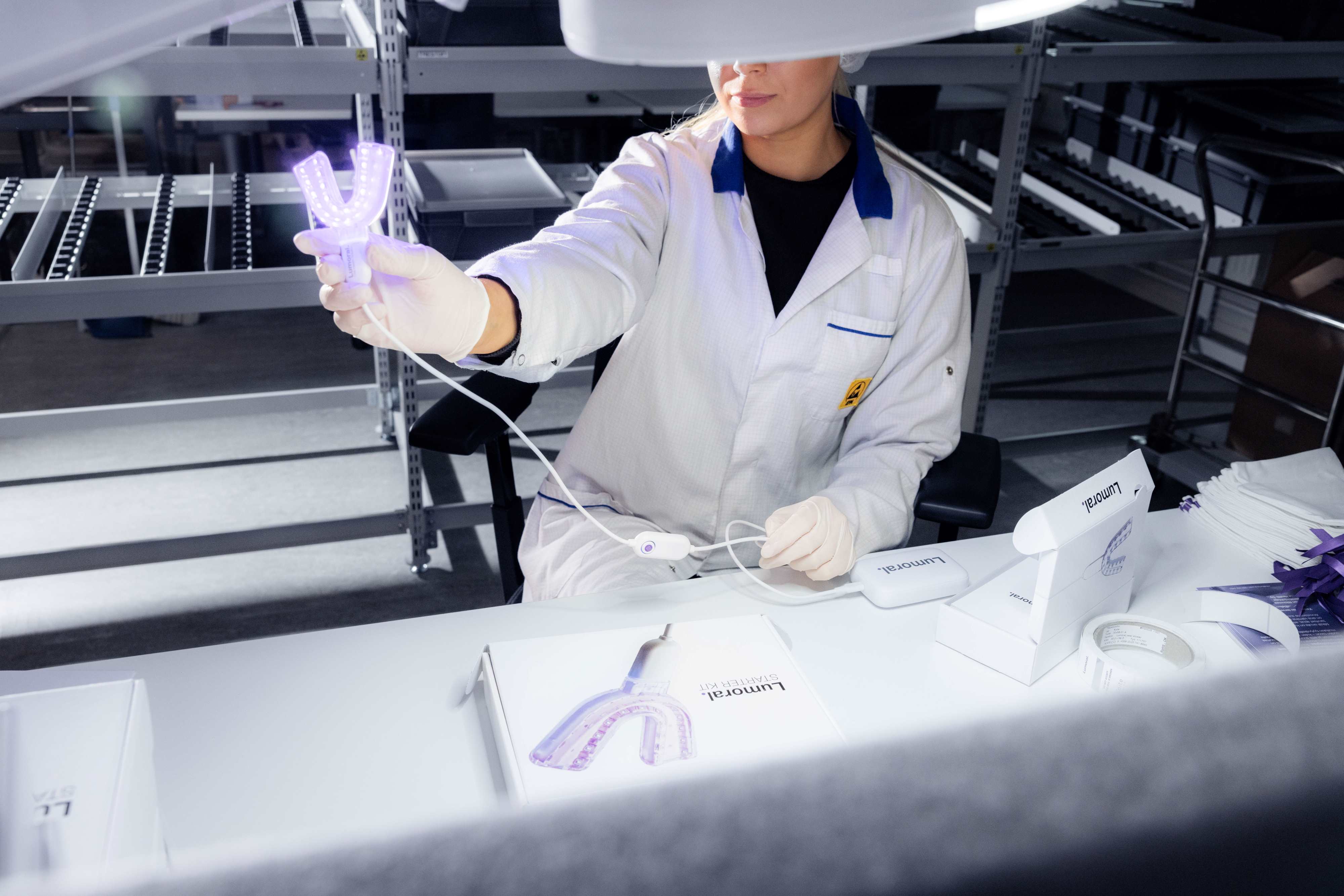
Nordic oral health experts join forces to combat gum disease
Periodontitis, a serious form of gum infection, is an insidious inflammatory disease that has been linked to cardiovascular disease, diabetes and other systemic conditions. In Finland, around one i...

World Health Day: Why Oral Health is Key to a Healthy Heart
On World Health Day, it’s time to shine a light on a part of the body that is often overlooked when we talk about overall health: the mouth. While many associate oral hygiene with preventing caviti...
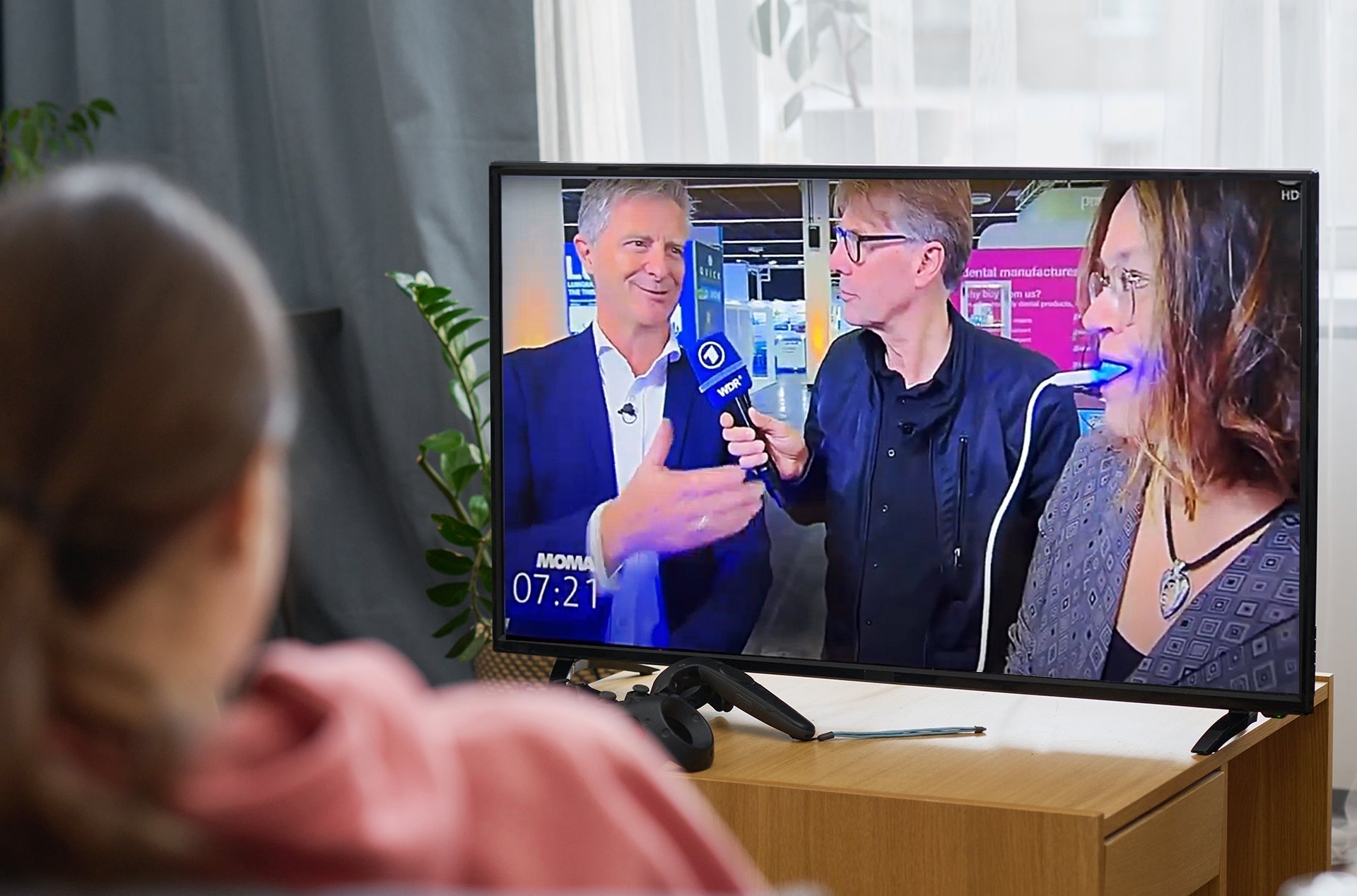
Finnish Dental Revolution Takes Center Stage at IDS 2025 and German Morning Television
The future of oral hygiene is here! Live from the International Dental Show (IDS 2025) in Cologne, Germany, morning news viewers were introduced to Lumoral, a groundbreaking innovation transforming...
